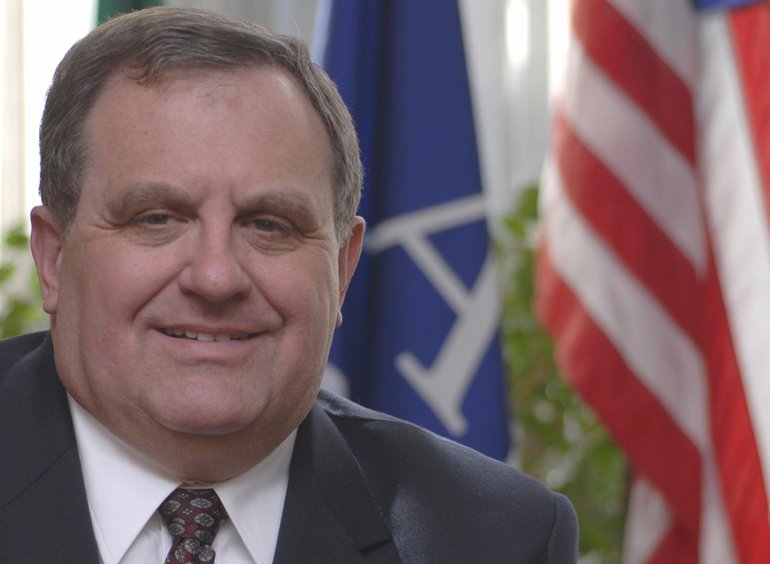My dad used to say, “Public officials should never borrow money, except in an emergency, like a war.”
As the mayor of a small town in Montana, he put that principle into practice. Buying a new dump truck was not an emergency. If the city didn’t have the money to buy it, the answer was no. Even if state or federal funds were available to make the down payment, if the city couldn’t come up with the rest of the money, the answer was still no.
Most vendors feel the same way when it comes to political campaigns. Candidates running for political office have to pay up front for printing costs and media ads. No printer, video producer or media outlet accepts the “send me a bill” line. If you can’t pay now, you can’t have it.
Too bad that principle doesn’t continue when these folks are elected. But once they’re in Congress or the Oval Office, out comes Uncle Sam’s credit card, and it’s borrow, borrow, borrow because they spend, spend, spend.
National debt isn’t new. What is new is we’re not repaying our public debts; we’re simply getting new credit cards to pay off the old ones.
The United States has had national debt since its inception because that’s how we funded the American Revolution and the War of 1812. But 20 years after the War of 1812, the federal debt was paid off.
The Civil War ran up the national debt to $2.7 billion, but after the war, Congress drastically cut spending and America ran surpluses for 36 of the next 47 years. During this period, 55 percent of the U.S. national debt was paid off.
Then came the Great Depression, Franklin Roosevelt’s New Deal social programs and World War II. The debt became so massive that we started measuring it as a percentage of our gross domestic product, which is the value of everything we produce in our country.
When Roosevelt took office in 1933, the national debt was almost $20 billion, about 20 percent of GDP. But by 1936, the national debt had increased to $33.7 billion or approximately 40 percent of GDP.
Today, our national debt is $14.4 trillion and rapidly rising. That’s fourteen thousand billion dollars. That means every man, woman and child in our country currently owes $47,200 for their share of the U.S. debt.
Our debt is now equal to 100 percent of America’s 2010 GDP. And, unless Congress lifts the debt ceiling before Aug. 2 and allows us to borrow more from countries like China, the U.S. government will default on its loans.
Reduce spending
Elected officials have no choice but to drastically cut spending even if they do raise taxes. That’s particularly difficult because they have to face re-election next year and run the risk of alienating their supporters. The result is gridlock. The 112th Congress may well be on its way to being the least productive Congress since President Truman’s “do-nothing Congress” of 1948.
Elected officials have trouble saying no to spending more money. Everybody wants something, and politicians get re-elected by “bringing home the bacon.” But bacon costs money, and politicians have been buying it with borrowed money for more than 75 years.
A saving grace for us here in Washington state is that our state constitution requires a balanced budget. In other words, we can’t buy something if we don’t have the money. The only credit lawmakers and the governor are allowed is in the form of construction bonds to build highways, bridges, schools and public buildings within strict limits and repayment schedules.
While living within a balanced budget often means making tough choices, it’s better in the long run because the citizens of our nation — and our children and grandchildren — won’t be saddled with a mountain of crushing debt.
Don Brunell is president of the Association of Washington Business, Washington state’s chamber of commerce. Visit http://www.awb.org.



